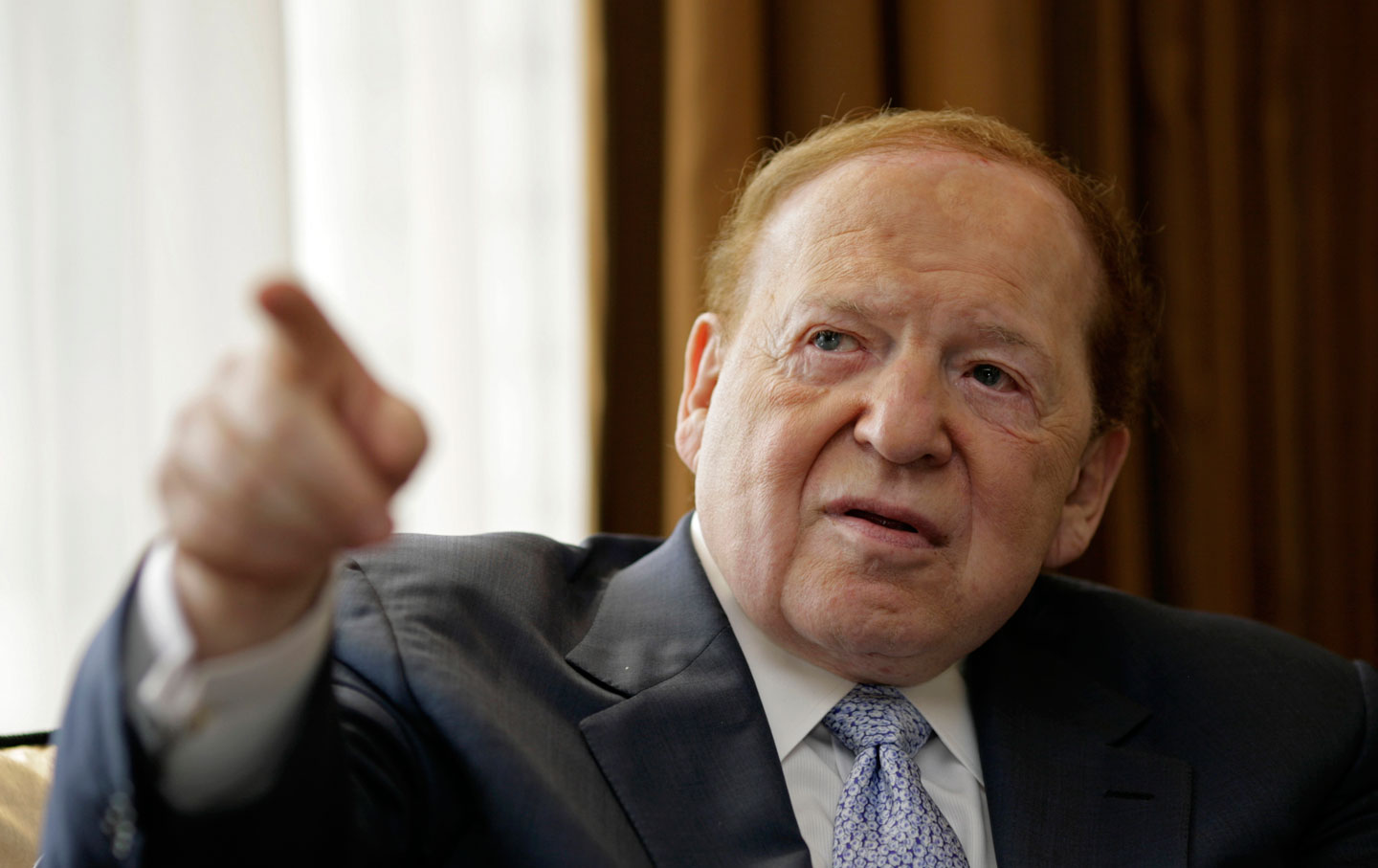THE BOYCOTT, divestment, and sanctions movement (BDS) against Israel, which was recently energized by the decision of the American Studies Association to boycott Israeli academic institutions, is actually making it harder for Israel and the Palestinian Authority to negotiate a reasonable resolution to the Israeli-Palestinian conflict. That is why Mahmoud Abbas, the head of the Palestinian Authority, has come out against boycotting Israel and Israeli academic institutions. As he put it in an interview while attending the service for Nelson Mandela:
“[W]e don’t ask anyone to boycott Israel itself. We have relations with Israel, we have mutual recognition of Israel.”
The leaders of the BDS movement understand Abbas’s point, but they persist in the demand for BDS. Some seem to be against a peaceful resolution of the Israeli-Palestinian dispute based on a two-state solution. The BDS movement is not only directed against Israel’s occupation of the West Bank. Judging from the rhetoric of some of its leaders, it is directed against the very existence of the state of Israel.
Abbas understands this. The BDS leaders understand this. Israeli leaders understand this. But some of the naive academics who sign onto BDS because they oppose Israel’s settlement and occupation policies do not seem to understand this. BDS leaders exploit that confusion to lull ivory tower professors into thinking that by signing onto BDS they are demonstrating opposition to the occupation, rather than to Israel itself.
The BDS movement places pressure on the Palestinian Authority to reject Israel’s compromise peace offers, as the authority did in 2001 and 2008. Abbas understands that radical elements within his constituency play the BDS card as a way of pressuring him into seeking an unrealistically better deal. That is, a deal he will never get. The end result may well be a continuation of the untenable status quo.
This is not to deny that there are some within the BDS movement, particularly those who would limit it to products and institutions on the West Bank (which Abbas would do), who honestly believe that the threat of BDS will push Israel toward changing its settlement policy and moving toward peace. They are simply wrong. Israel will never submit to the blackmail of BDS, and the Palestinians will never agree to a compromise peace if they erroneously believe that the pressure of BDS will force Israel into offering a better deal.
There is nothing good about the BDS movement. It is hypocritical, for singling out the nation state of the Jewish people for BDS, while ignoring other occupations (such as those by Turkey, China, and Russia), as well as far worse violations of human rights and academic freedom, such as those committed by Cuba, Saudi Arabia, the Palestinian Authority, Russia, China, and nearly all the countries of Africa. It is ineffective, because its impact on Israel is minuscule and its impact on the Palestinian Authority is to make it more difficult for its leadership to accept a reasonable peace offer. It may also be illegal, since it discriminates on the basis of religion (it applies only to Jewish academics and business people in Israel, and not to Muslims), national origin, and ethnicity. Moreover, BDS constitutes collective punishment, since it targets Jewish Israelis who oppose Israel’s settlement policies as well as those who favor them.
That is why so few world leaders and responsible individuals support BDS. That is why so many academic institutions, such as Harvard, condemn academic boycotts. That is why more than 10,000 American academics have signed a petition declaring themselves to be “Israelis” for purposes of any academic boycott against Israeli academics. BDS is largely a plaything of the hard left. It is an irresponsible gambit being promoted by irresponsible people who are more interested in being politically correct and feeling good than in helping to bring about a reasonable resolution to a complex problem, the fault for which is widely shared.
It is important, therefore, that opponents of this bigoted foolishness fight back. Dissenting members of academic organizations that support BDS should resign in protest. Colleges and universities should stop giving financial support to organizations that promote hypocritical and possibly illegal boycotts. Alumni should “divest” from any universities that divest from Israel, and peace-loving people should denounce those organizations and individuals who are hindering the peace process by promoting BDS.
While small ivory tower academic institutions debate BDS, Secretary of State John Kerry, Israeli Justice Minister Tzipi Livni, and Palestinian chief negotiator Saeb Erekat continue the hard work of trying to negotiate permanent borders for a Palestinian state, land swaps, a complex division of Jerusalem, a resolution of the double refugee problem (Palestinian refugees as well as Jewish refugees from Arab states), and security arrangements along the Jordan River. Some progress is in evidence. Let peace not be made more difficult by the leaders of the BDS movement who oppose the two-state solution and by their naive followers who think they are doing good while actually violating the important principle of morality: “First, do no harm.”
Professor Alan Dershowitz’s latest book is “Taking the Stand: My Life in the Law.”




